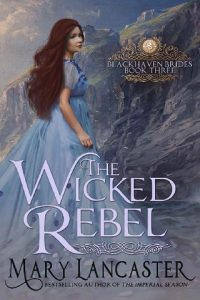

To start this review, "Born to Rebel: Birth Order, Family Dynamics, and Creative Lives" was an entertaining read despite its weaknesses. His book is provocative, raises many questions, and ends up being-at least in my opinion-worth taking a look at. As some observers have noted, there is some controversy with the data that he gathered, but I am still impressed with the scope of his work. Sulloway brings a wide array of evidence to bear on his thesis. Firstborns tend to reject new ideas, especially when the innovation appears to upset long-accepted principles." As a firstborn, I am, of course, instantly skeptical! Needless to say, we didn't sell many copies compared to Frank Sulloway's book! Also, since I am a firstborn and they come across as pretty conservative and resistant to change, I cringed reading of his thesis! He states clearly his basic thesis (): "Most innovations in science, especially radical ones, have been initiated and championed by laterborns.

I'd co-authored a related book, "Birth Order and Political Behavior," at about the same time. This is a book that attracted a great deal of attention when it first came out. "An important and valuable study that will define research agendas for years to come. Elegantly written, masterfully researched, Born to Rebel is a grand achievement that has galvanized historians and social scientists and will fascinate anyone who has ever pondered the enigma of human character.Ī New York Times Notable Book of the Year

Family dynamics, Sulloway concludes, is a primary engine of historical change. Combing through thousands of biographies in politics, science, and religion, he demonstrates that firstborn children are more likely to identify with authority whereas their younger siblings are predisposed to rise against it. Sulloway envisions families as ecosystems in which siblings compete for parental favor by occupying specialized niches. Why do people raised in the same families often differ more dramatically in personality than those from different families? What made Charles Darwin, Benjamin Franklin, and Voltaire uniquely suited to challenge the conventional wisdom of their times? This pioneering inquiry into the significance of birth order answers both these questions with a conceptual boldness that has made critics compare it with the work of Freud and of Darwin himself.įrank J.


 0 kommentar(er)
0 kommentar(er)
